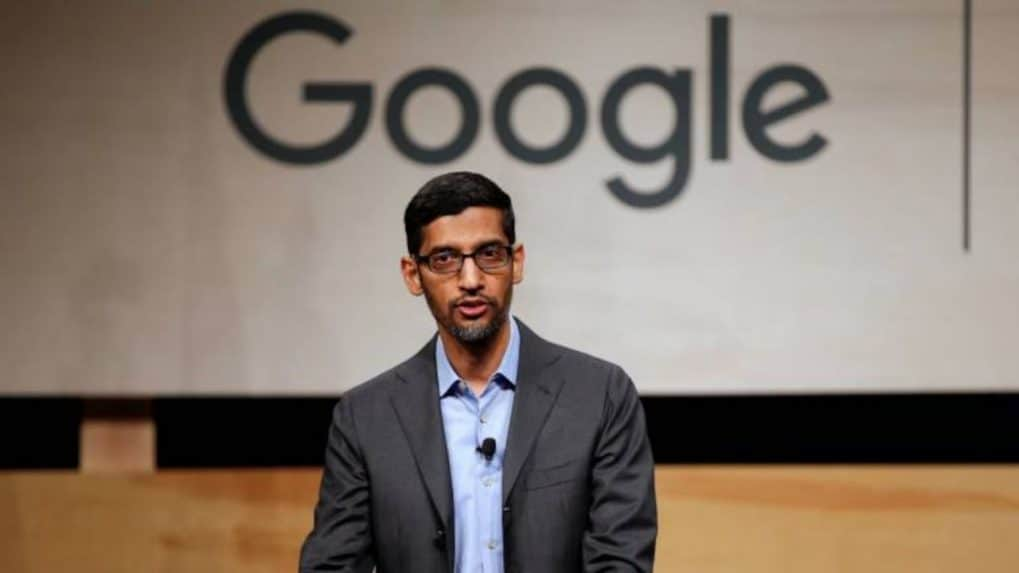Digital
Why OpenAI is hiring 100 ex-bankers: Inside the ChatGPT-maker's secret project to automate Wall Street's grunt work

Google has come under fire after reports suggested that its U.S. employees might be required to share personal health information with an artificial intelligence tool to access medical benefits. The revelation sparked an internal backlash, with staff raising concerns about privacy and fairness.
According to Business Insider, internal documents indicated that employees were instructed to use a third-party platform called Nayya to enrol in health benefits through Alphabet, Google’s parent company. The documents reportedly stated that employees who refused to use Nayya risked losing access to health coverage.
Nayya, which uses AI to recommend tailored benefits packages, was described as an integral part of the new enrolment system. However, the policy quickly caused unease among staff, many of whom questioned the lack of an opt-out option.
On internal forums, employees voiced discomfort over the idea of sharing sensitive medical data with an external company. “Why are we providing our medical claims to a third-party AI tool without a way to opt out?” one employee wrote. Another called the setup “a very dark pattern,” arguing that consent tied to essential services “isn’t consent at all.”
Google issues clarification
Following the backlash, Google moved swiftly to clarify its position. A spokesperson told Business Insider that the wording on the HR website had been misleading and did not reflect the company’s actual policy.
“Employees can choose not to share data without any impact on their benefits enrolment,” the company said in a statement. Google further emphasised that using Nayya is entirely optional.
Courtenay Mencini, a Google spokesperson, said the AI tool had undergone internal security and privacy checks. She explained that this is a voluntary tool helps employees navigate the company's healthcare benefit options. Employees must opt in to use it and share their own health information. Google does not have access to this data.
Nayya defends its platform
In response to the controversy, Nayya stated that its system allows users to track their healthcare spending and receive personalised recommendations, while complying fully with HIPAA (the U.S. Health Insurance Portability and Accountability Act). The company added that it cannot sell or share personal data.
Despite these assurances, the episode has left some employees unsettled. Internal posts reviewed by Business Insider described the initial rollout as “coercive” and said the communication had undermined trust.
While Google insists the policy is voluntary, the incident underscores growing sensitivities around the intersection of AI, privacy, and workplace benefits.
In a wide-ranging interview with Storyboard18, Sorrell delivers his frankest assessment yet of how the deal will redefine creativity, media, and talent across markets.